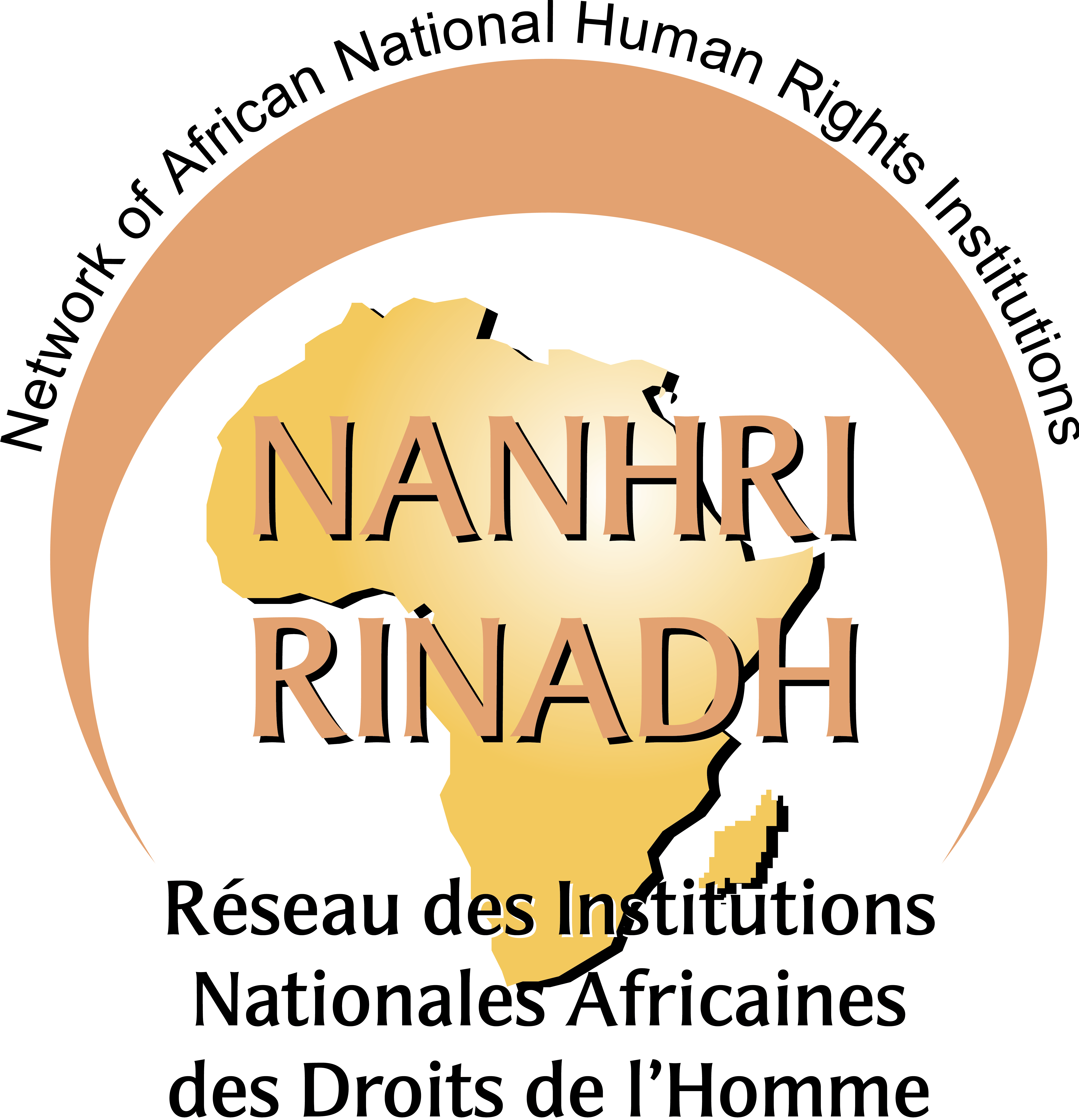NANHRI Working Group on Migration side event at COP 29
The 29th Session of the Conference of Parties (COP 29) is an annual international climate change meeting organized by the United Nations Framework Convention on Climate Change (UNFCCC) where the world takes decisions to address climate change, including the implementation of the Paris Agreement. The primary focus for this year’s COP 29 will be to finalize the first enhanced transparency framework and establish a new collective quantified goal on finance, among other critical issues.
Background
As the impact of climate change continues to shape the future of our planet, its effects proliferate and affect populations on a global level. Consequently, there is increasing evidence that climate change will become an additional driver of migration, affecting populations both nationally and across borders. These effects are exacerbated when considering that the sectors that employ the majority of workers are also some of the most vulnerable to climate change and that when individuals’ livelihoods are compromised and survival is at stake, people migrate in search of better opportunities.
As independent state actors, NHRIs play a crucial role in promoting and protecting human rights within their countries. They serve as vital links between national and international human rights mechanisms, particularly in addressing the human rights impacts of migration and climate change. Similarly, NANHRI, as a regional network, is pivotal in raising awareness about climate change’s impact on migration in Africa through regional conferences, advocacy, and recommendations.
The responsibilities of individual NHRIs and regional networks such as NANHRI are outlined in the 2020 statement published by the GANHRI entitled: “Climate Change: Role of NHRIs”[1]. The report highlights that climate change is a major challenge, significantly affecting the enjoyment of human rights. State responsibilities have also been elaborated in the Global Compact for Safe, Orderly and Regular Migration (GCM), as the first inter-governmental agreement covering international migration in a holistic and comprehensive manner.
In an African context, climate change-induced migration is caused by events including but not limited to droughts, desertification, deforestation, water scarcity, rising seawater levels and coastal erosion. The effects of climate change are often disproportionate, affecting vulnerable populations who are amongst the lowest contributors to the greenhouse gas emissions.
In response to climate change-induced migration, governments, NGOs, and international organizations are increasingly recognizing the need for coordinated action to address the root causes and consequences of climate-induced displacement. This includes efforts to reduce greenhouse gas emissions, strengthen adaptation and resilience measures in vulnerable communities, and improve governance frameworks for managing migration flows. Additionally, there is growing recognition of the need to prioritize the needs and rights of displaced populations, including measures to ensure, among others, their access to protection, assistance, and dignity.[2]
As part of the global efforts to address the challenges of climate change-induced migration, the 2030 Agenda for Sustainable Development, calls for climate action, as well as safe and regular migration. The Paris Climate Agreement also adopted in 2015, under the UNFCCC, calls on Parties to, “respect, promote and consider their respective obligations on human rights, the right to health, the rights of indigenous peoples, local communities, migrants, children, …”[3]
Climate change impacts people’s right to a decent life, health, and food security, evident in rising food shortages, malnutrition, and health crises linked to extreme weather. It also generates effects on social and economic rights.
Against this backdrop, the NANHRI Working Group on Migration, and the CNDH of the Kingdom of Morocco will organize a side event on“Migration and adaptation in the context of climate change” at the sidelines of COP 29 to be convened in Baku, Azerbaijan, on 11-22 November 2024.
Objectives
- To provide a platform for discussion, engagement and learning on the nexus of climate change, migration and human rights.
- Generate recommendations on how to address climate change-induced migration and the related human rights violations.
- Propose concrete actions to enhance collaboration among key actors at the regional and global level to mitigate and adapt to ongoing climate crises
Key areas for discussions during the side event will center around the following:
- Discussing how to ensure effective coordination and communication at the national, regional and international levels that center around the preservation of human rights of
- Ensuring adequate funding is available for implementing climate actions to fund adaptive and resilient strategies.
- Shed light on human rights violations linked to climate change-induced migration and NHRIs role in related advocacy.
Format of the side event:
The side-event will be preceded by a keynote address followed by a panel discussion from experts which will be guided by key areas of discussions. There will be both in-person and online participation.
Target participants:
- Representatives of UN member states
- National Human Rights Institutions
- Environmental Advocates
- Climate Change Activists
- Migration Experts
- Civil Society Players
- Researchers
[1] https://unfccc.int/sites/default/files/resource/GANHRIsubmissiontotheGST.pdf
[2] Aidez. February 16th, 2024. How does climate change affect migration in Africa.
[3] HR-climate-change-migration-Sahel.pdf (ohchr.org) pp.1.



